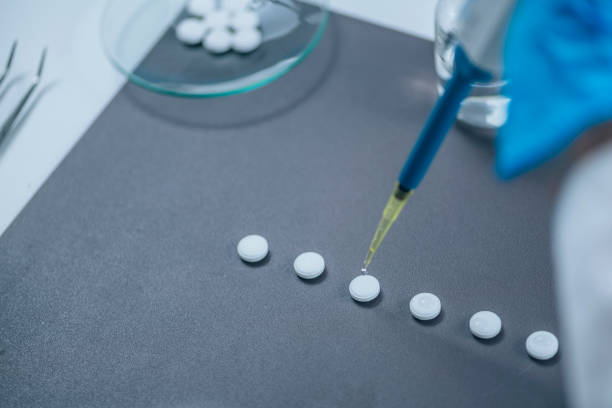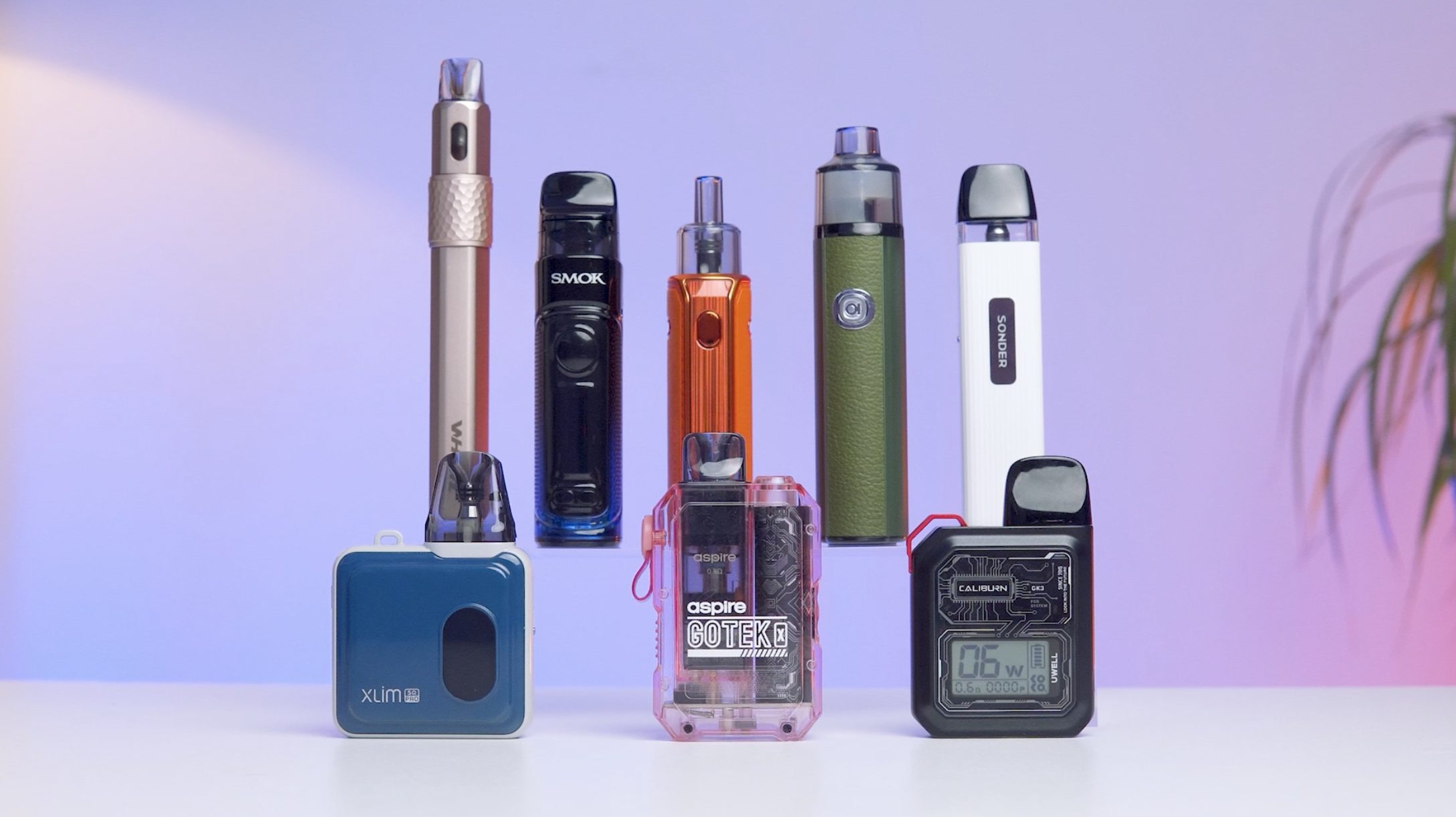Lysergic acid diethylamide (LSD) remains one of the most strictly regulated substances across the globe. Classified under the 1971 United Nations Convention on Psychotropic Substances, LSD is widely prohibited except for research purposes. Despite this, individual countries interpret and enforce the law differently, resulting in a complex legal landscape that varies significantly worldwide.
In the United States, LSD is a Schedule I drug under the Controlled Substances Act, meaning it is considered to have a high potential for abuse with no accepted medical use. Possession, distribution, or manufacture is illegal and punishable by severe penalties. However, some states and cities, such as Oregon and certain municipalities in California, have decriminalized Buy LSD UK possession of small amounts, reflecting growing interest in psychedelics for therapeutic research.
Canada also classifies LSD as illegal under Schedule III of the Controlled Drugs and Substances Act. While penalties are strict for trafficking or possession, the country has recently taken progressive steps with other psychedelics, though LSD remains tightly controlled with research exemptions only.
In the United Kingdom, LSD is a Class A drug under the Misuse of Drugs Act 1971. This is the highest classification, placing LSD alongside substances such as heroin and cocaine. Possession can result in up to seven years in prison, while supply and trafficking can lead to life imprisonment.
Australia categorizes LSD as a Schedule 9 prohibited substance, banning its use except for very limited research purposes. Similar restrictions apply in New Zealand, where LSD is a Class A controlled drug with penalties for possession or supply.
Some countries in Europe have adopted more lenient approaches. Portugal famously decriminalized the personal possession of all drugs, including LSD, in 2001. While possession remains unlawful, it is treated as an administrative offense, leading to fines or treatment rather than prison sentences. Likewise, Spain prohibits the sale of LSD but has decriminalized private possession for personal use, meaning individuals are not criminally prosecuted but may face administrative penalties.
In the Czech Republic, possession of small quantities of LSD is considered a misdemeanor rather than a criminal act, although larger amounts can lead to imprisonment. Meanwhile, countries like Germany, Finland, and Italy maintain strict prohibitions. In Italy, very small amounts may result in administrative fines, but trafficking or large-scale possession carries penalties of up to 20 years in prison.
Interestingly, Switzerland has taken a unique path by permitting the controlled medical use of LSD in psychotherapy under special licenses. This has made Switzerland a pioneer in the reintroduction of psychedelics into clinical settings. Similarly, Mexico decriminalized possession of small amounts of LSD in 2009, though trafficking and production remain illegal.
In contrast, some countries enforce extremely harsh punishments. For instance, in Bolivia, possession of LSD can result in long prison terms ranging from 10 to 25 years, even for relatively small quantities.
Overall, the legal status of LSD highlights a patchwork of global approaches. While most nations continue to classify it as a dangerous and illegal drug, some countries are beginning to soften their stance, particularly for research and therapeutic purposes. As scientific evidence supporting psychedelic therapy grows, more nations may reconsider their laws, potentially shifting LSD from prohibition toward regulated medical use in the future.


